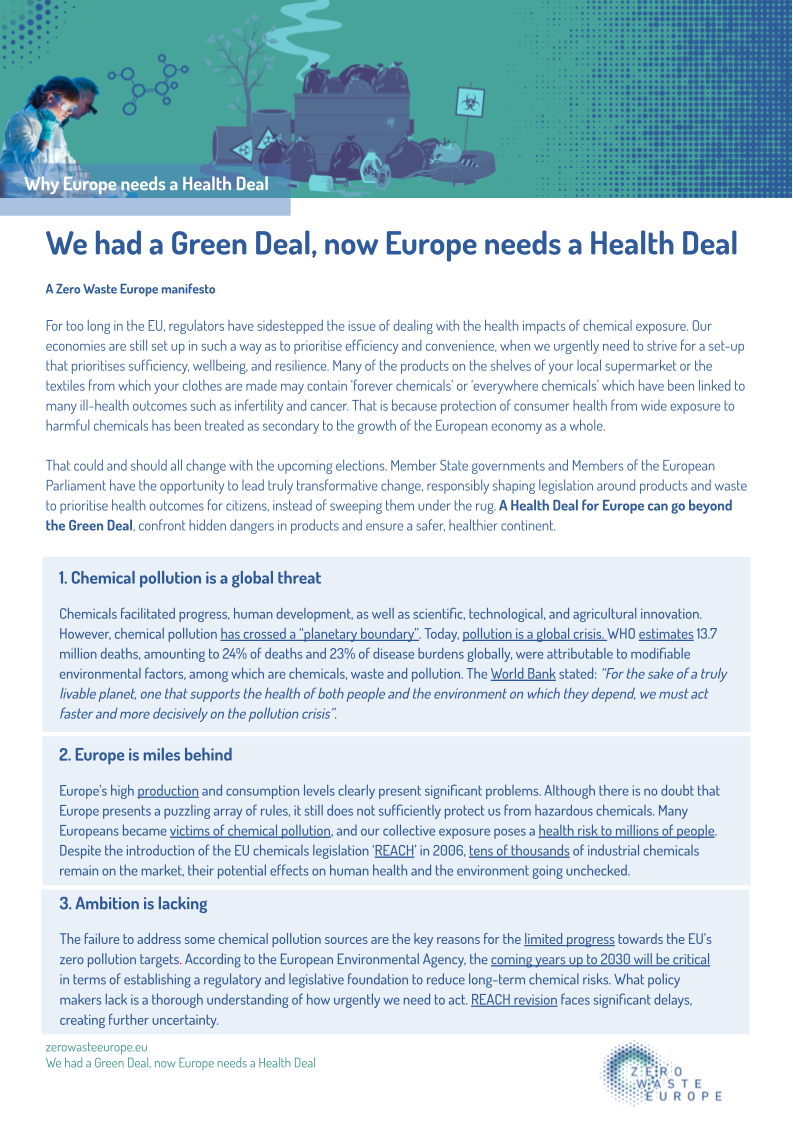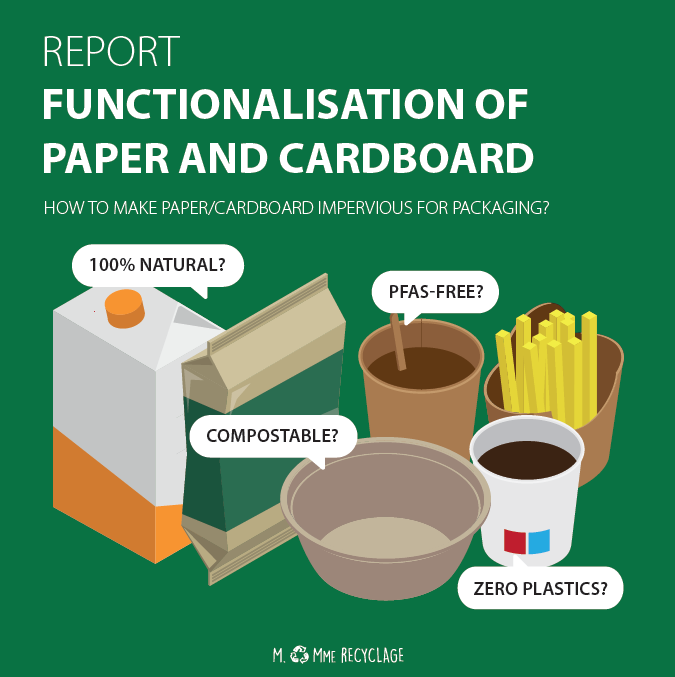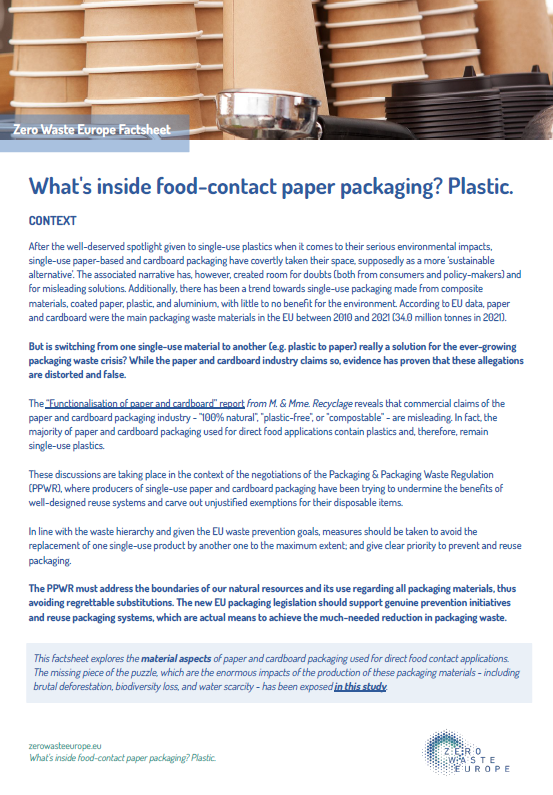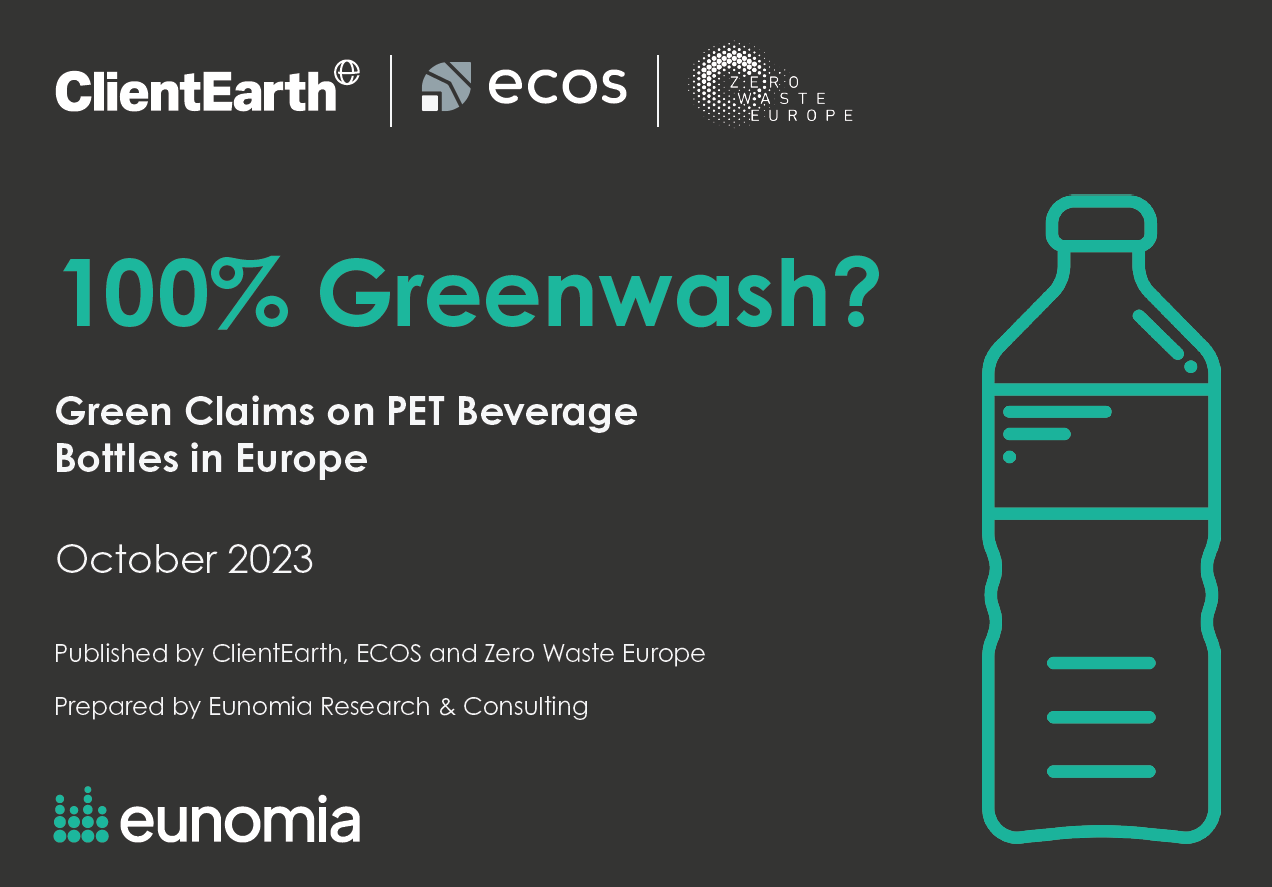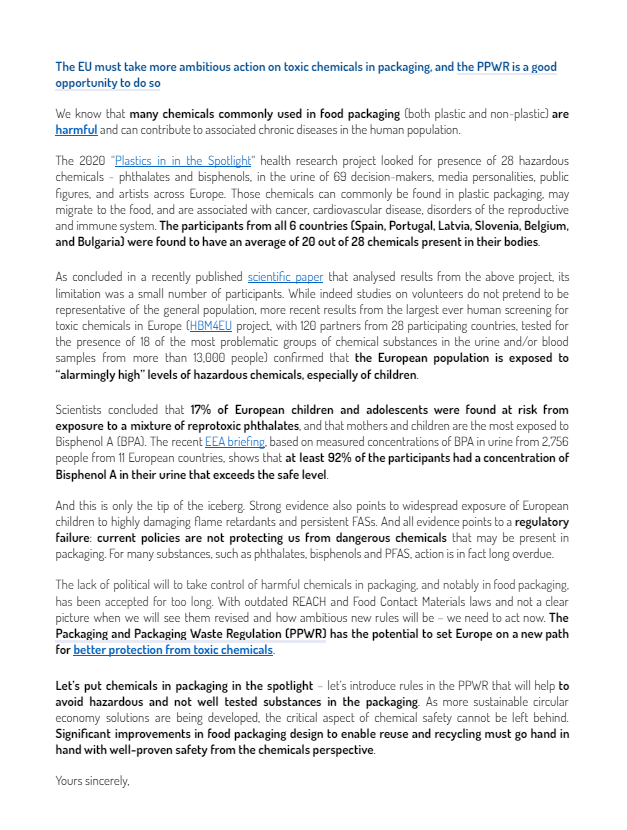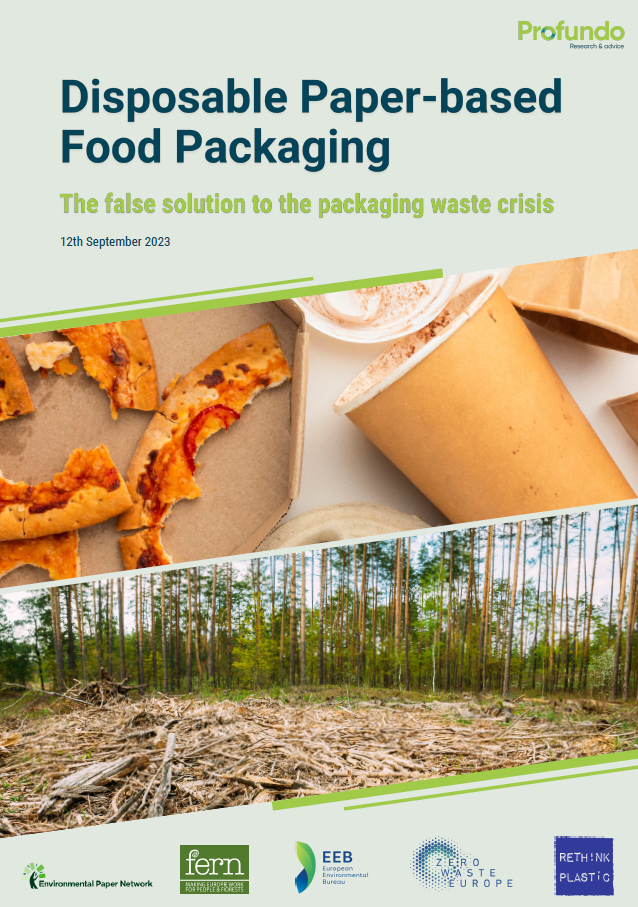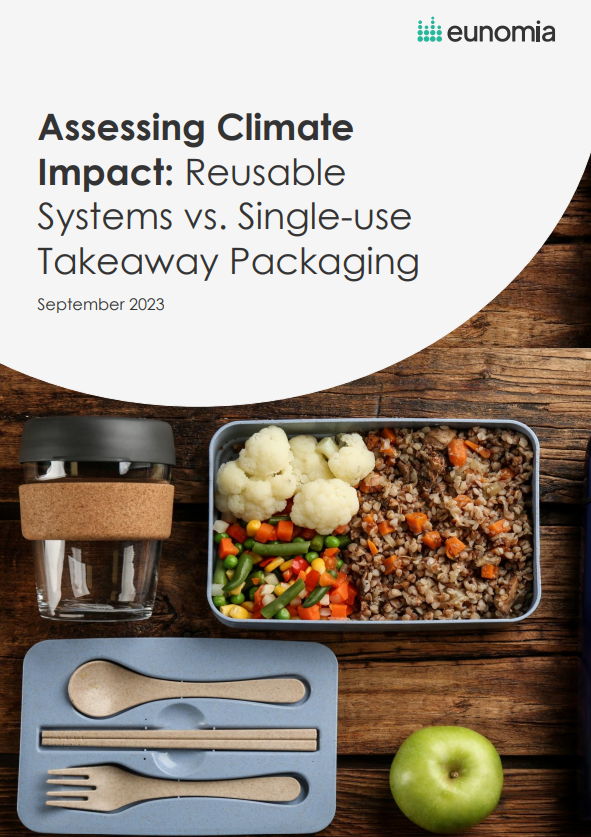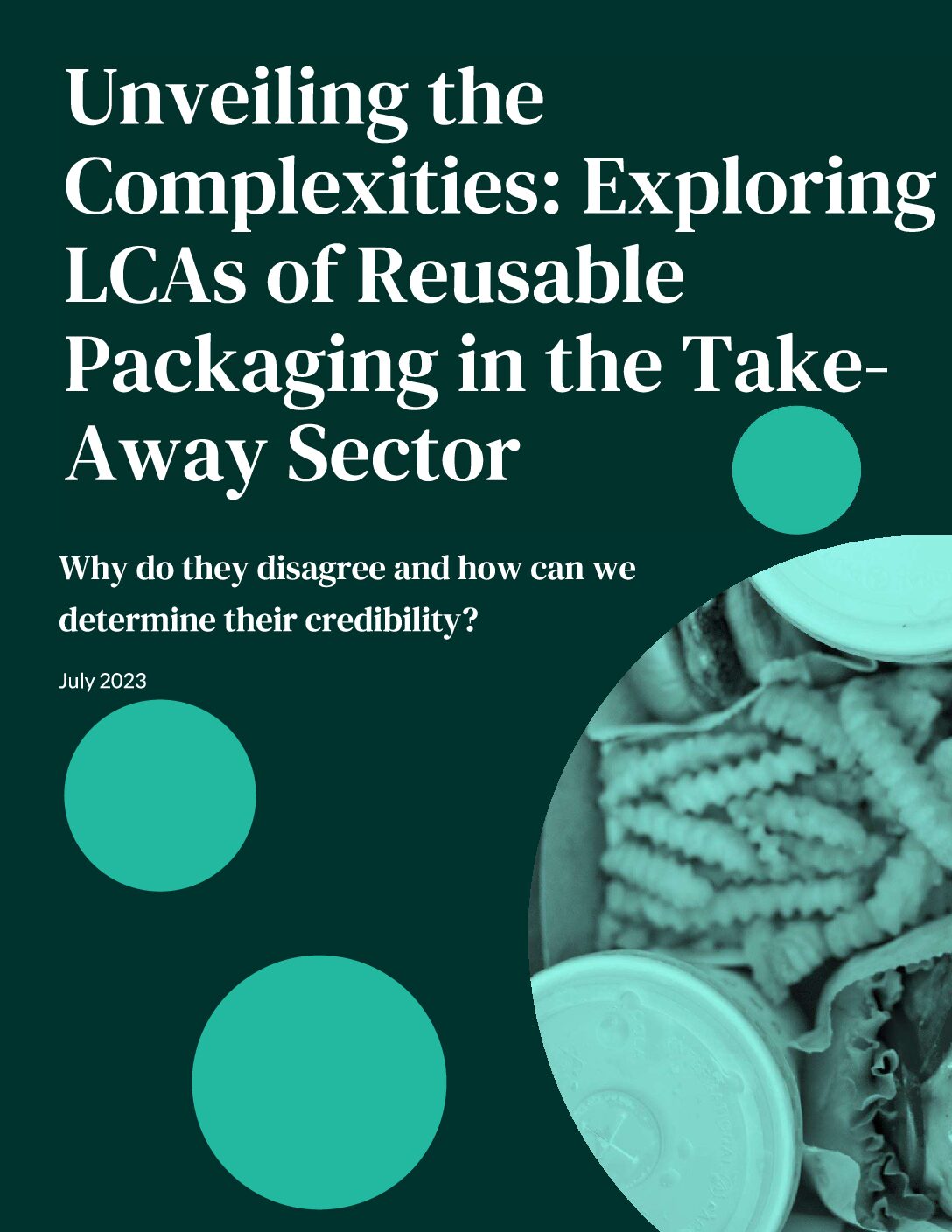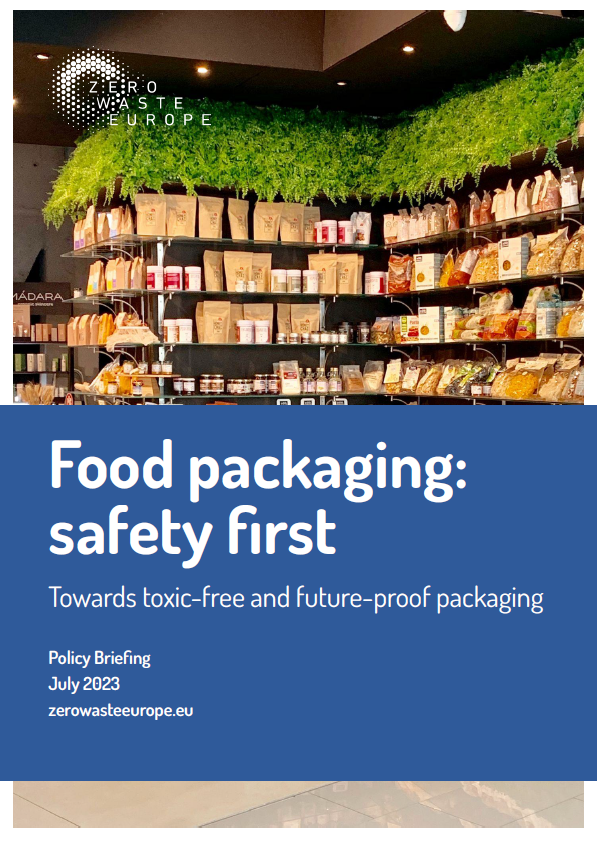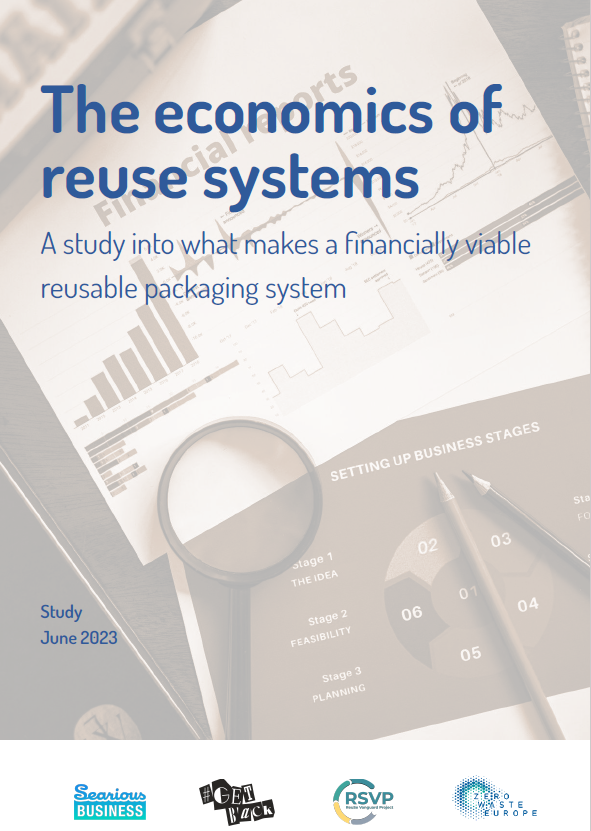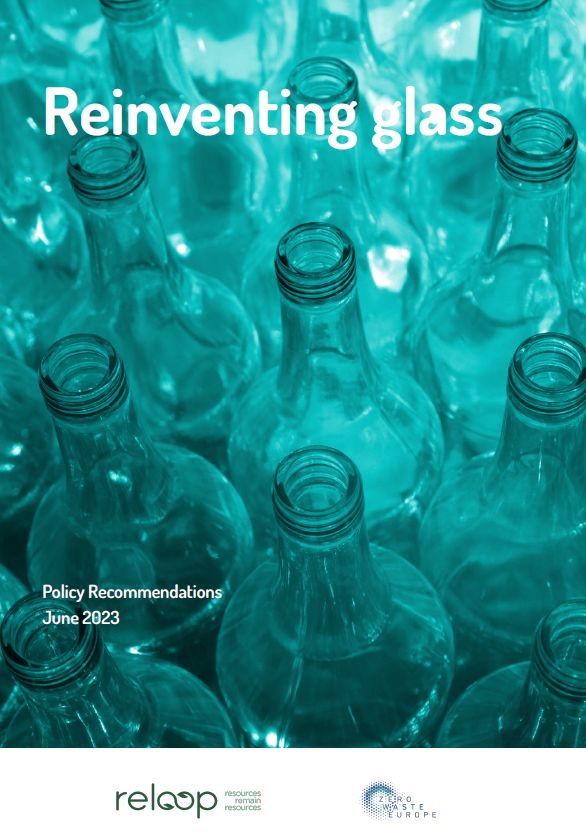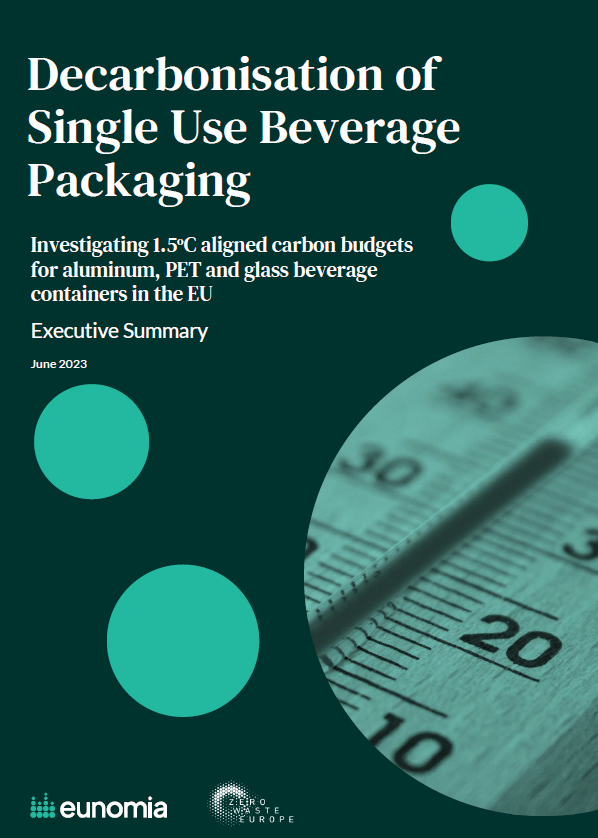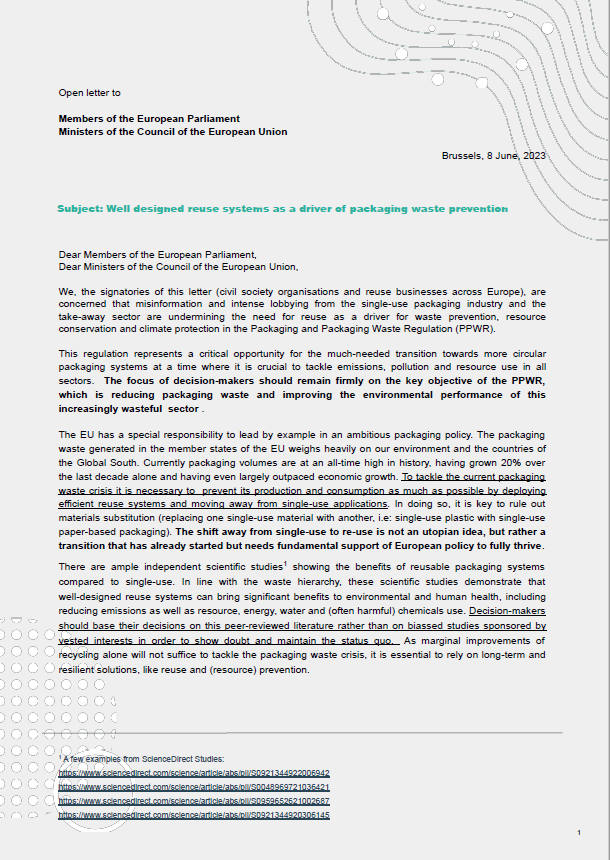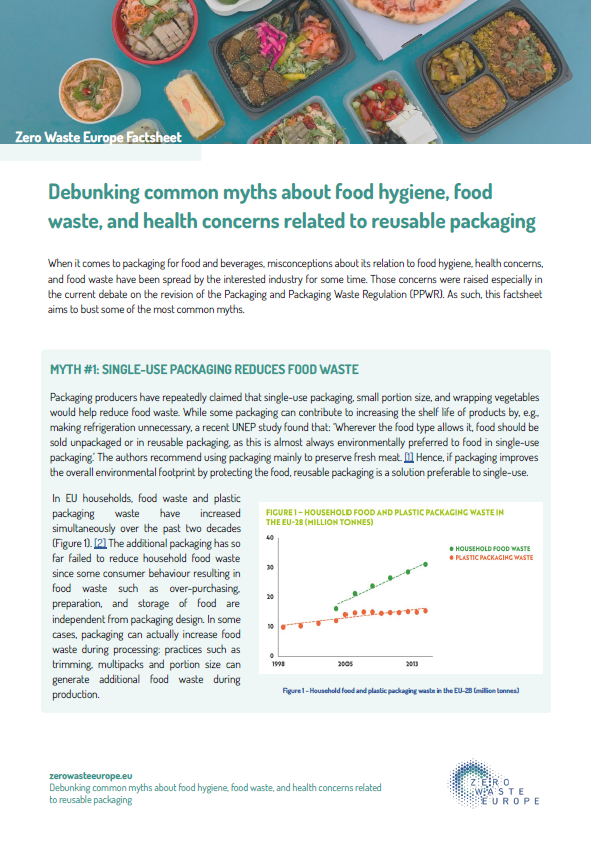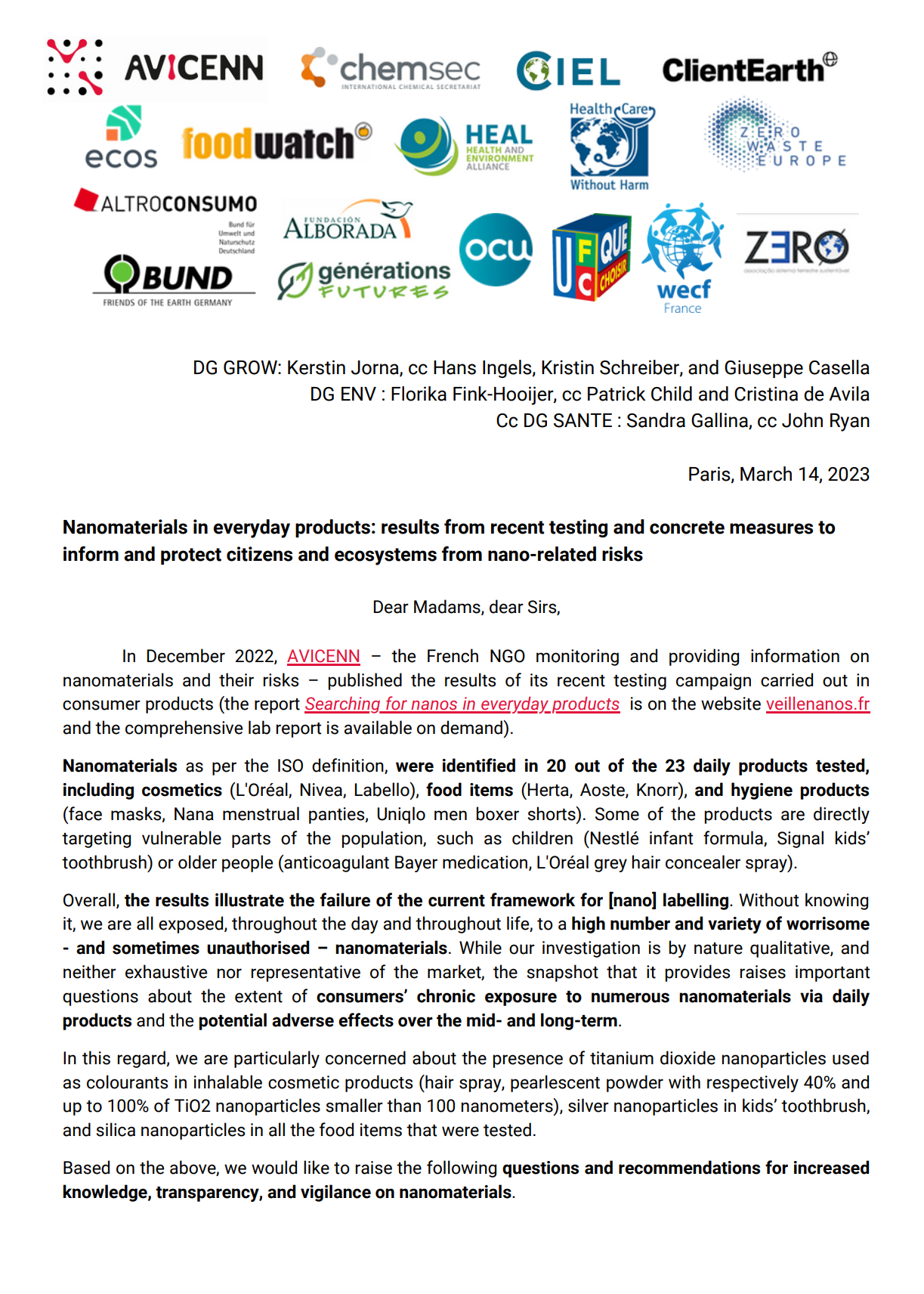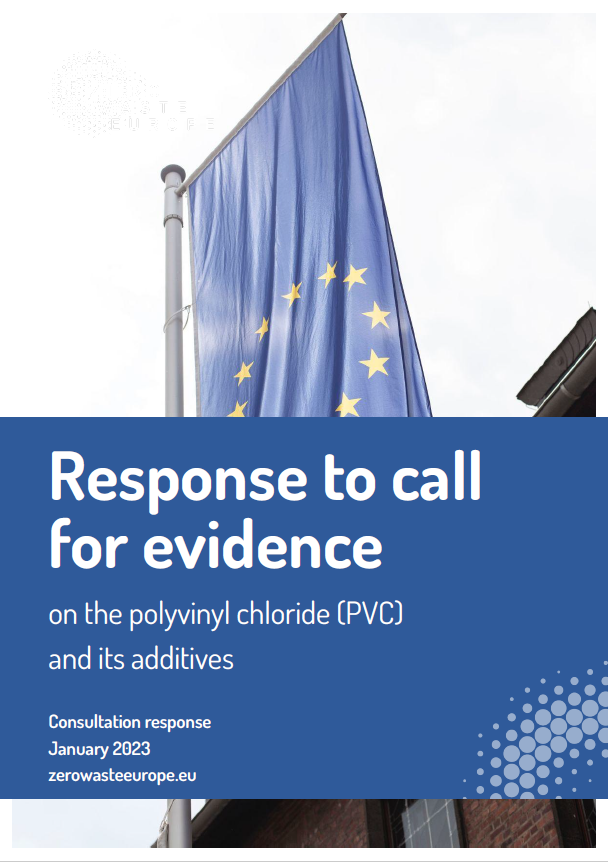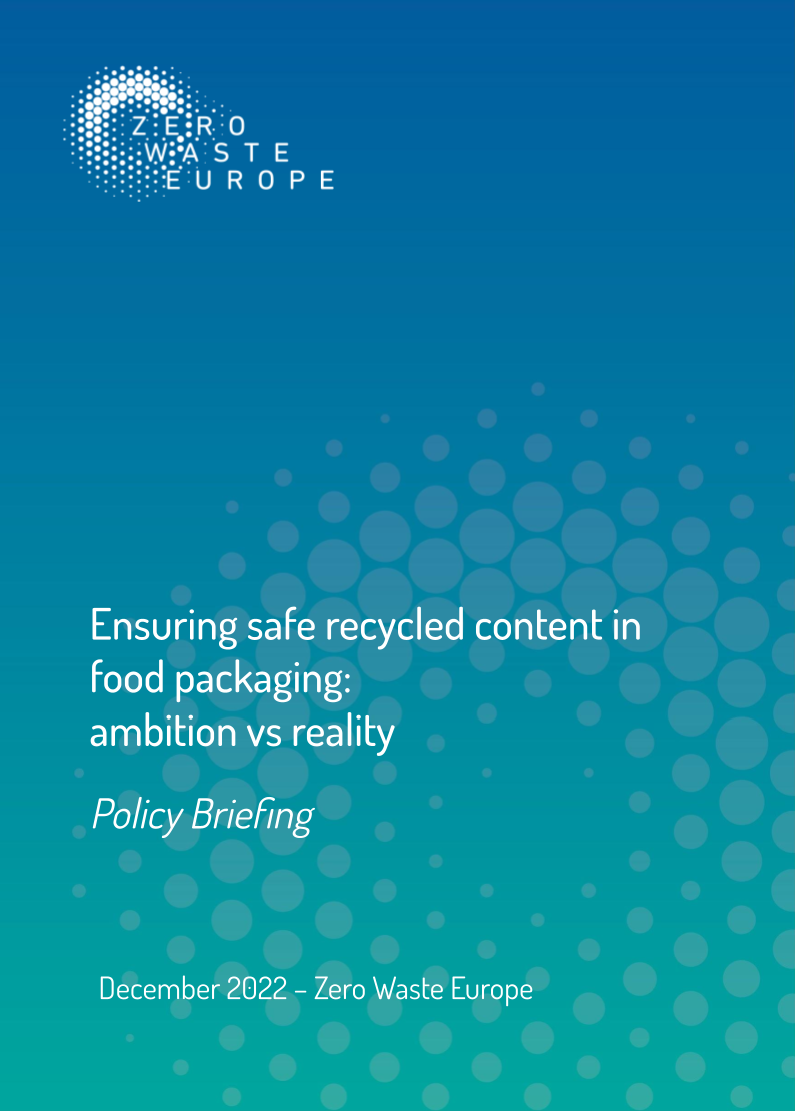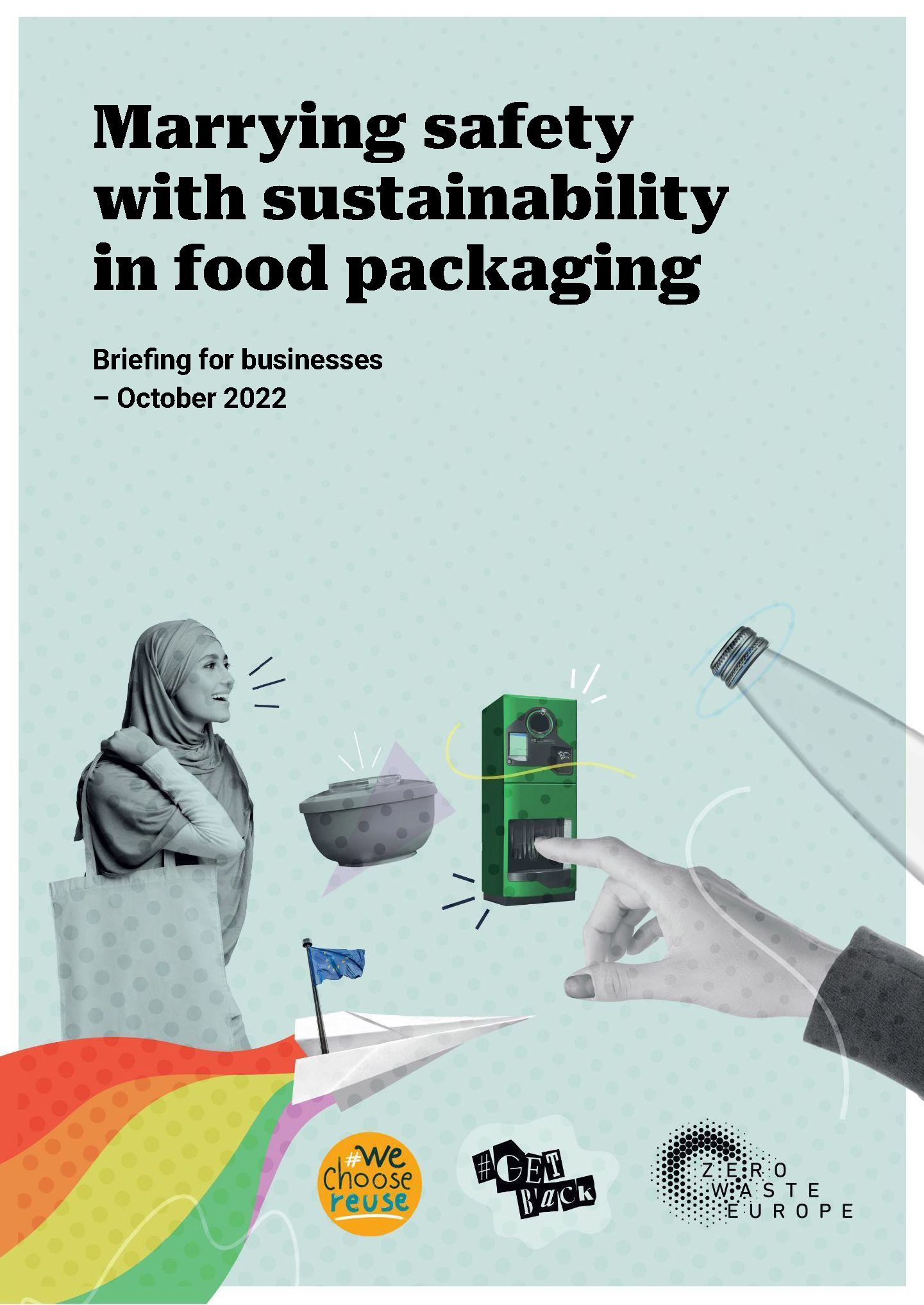For too long in the EU, regulators have sidestepped the issue of dealing with the health impacts of chemical exposure. Our economies are still set up in such a way as to prioritise efficiency and convenience, when we urgently need to strive for a set-up that prioritises sufficiency, wellbeing, and resilience. Member State governments and Members of the European Parliament have the opportunity to lead truly transformative change, responsibly shaping legislation around products and waste to prioritise health outcomes for citizens, instead of sweeping them under the rug. This is Zero Waste Europe’s manifesto for a health deal for Europe – which goes beyond the Green Deal to confront hidden dangers in products and ensure a safer, healthier continent.
Available in English.
